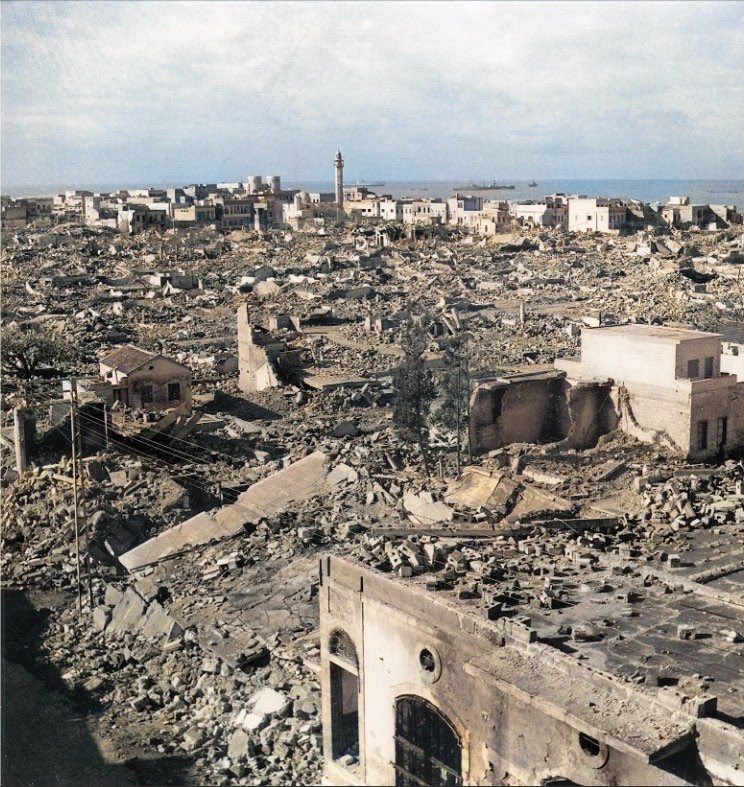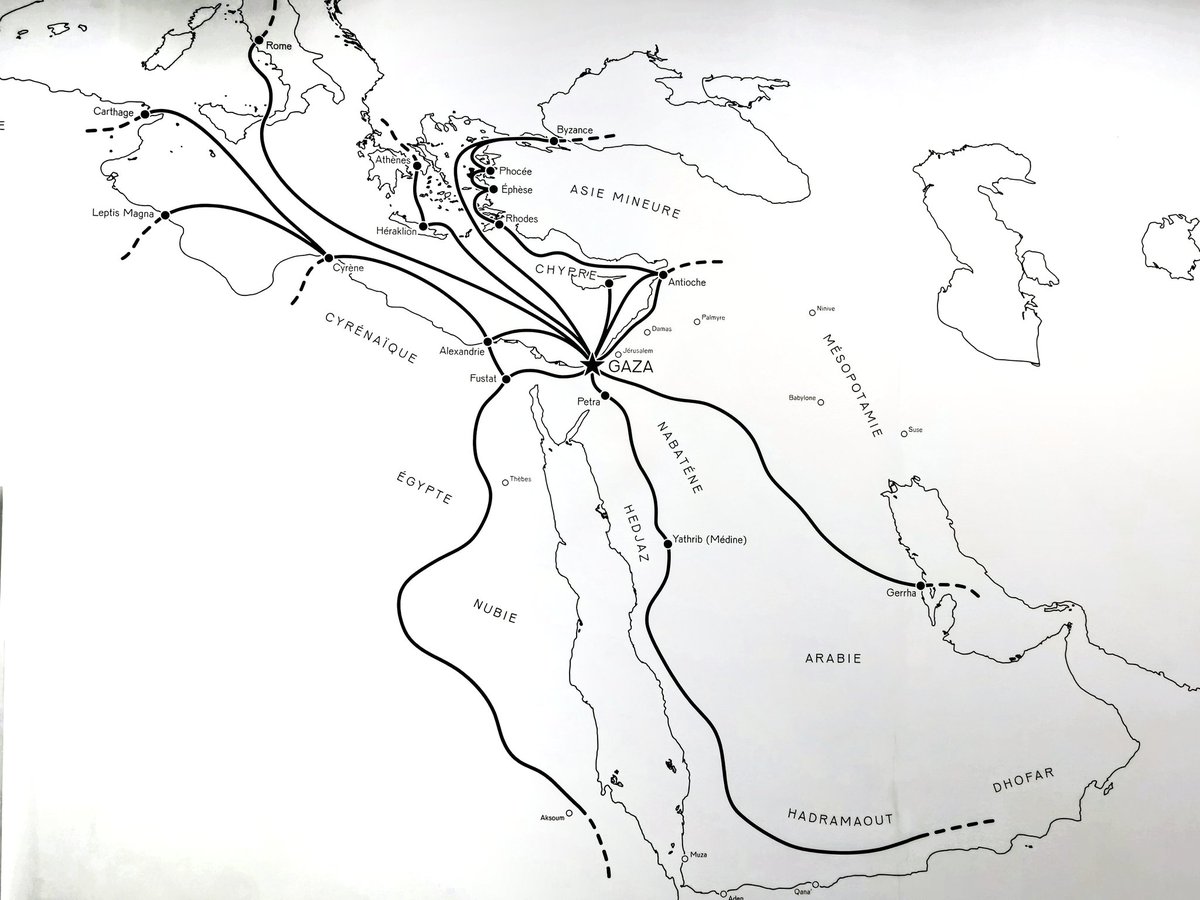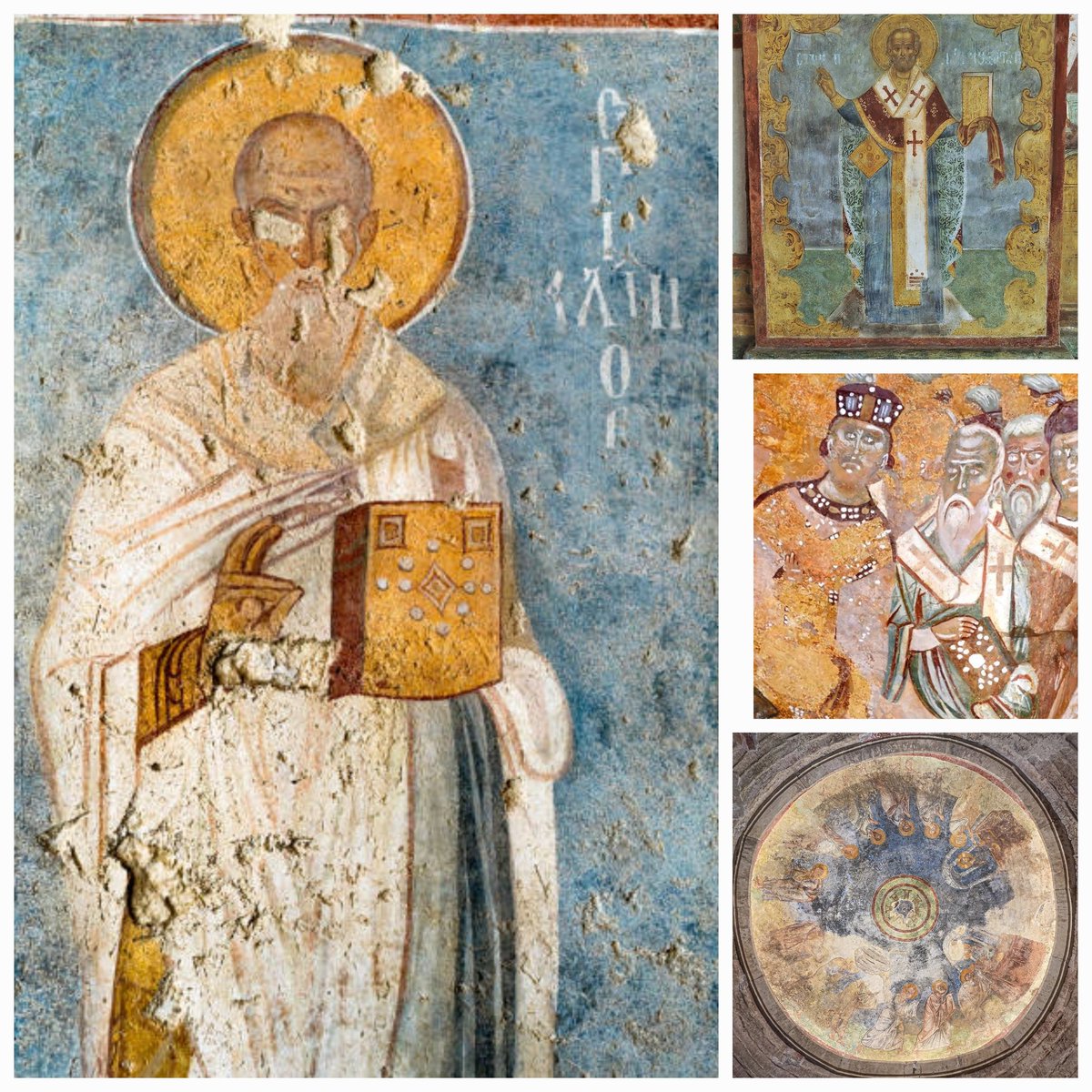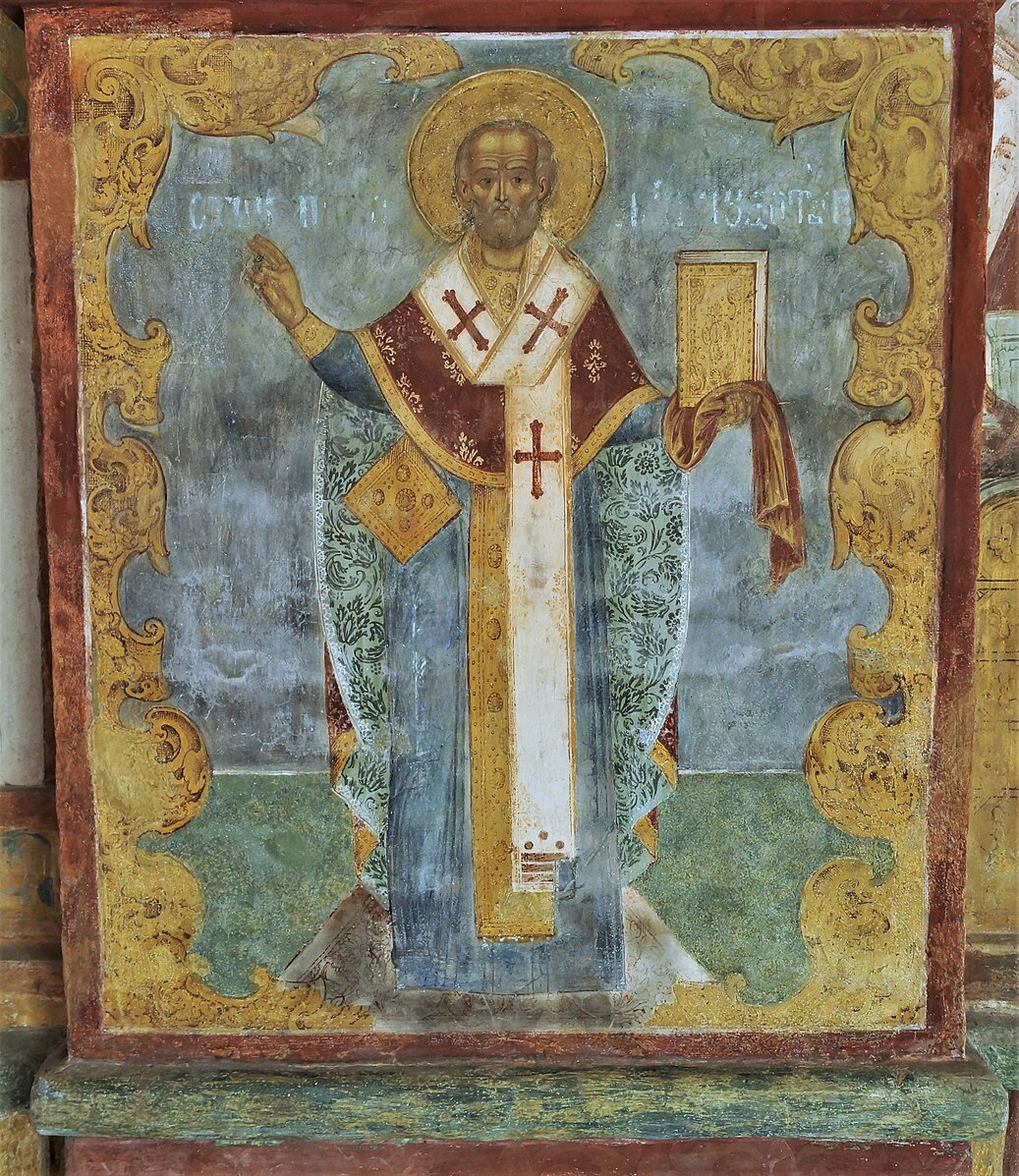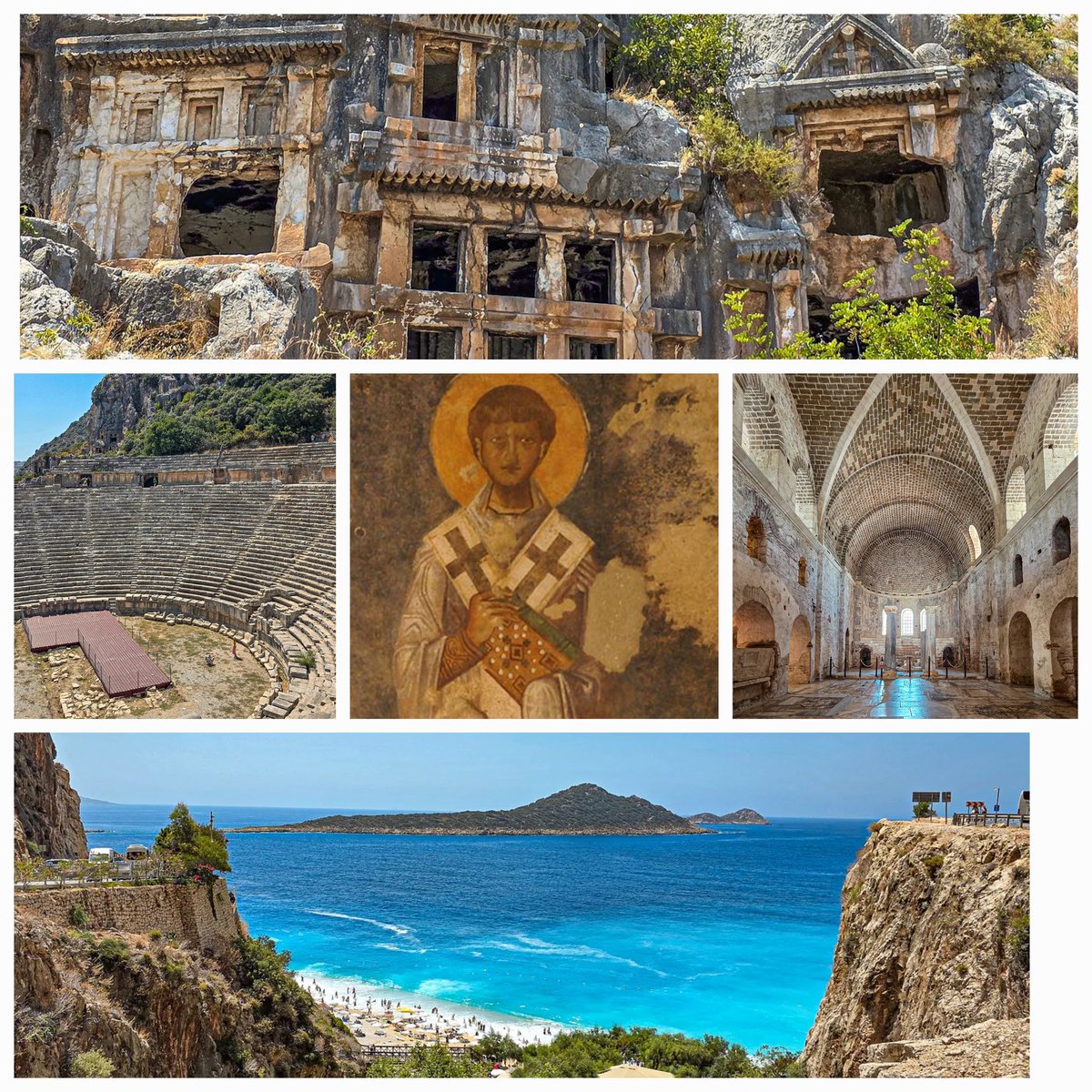In 802, two years after Charlemagne declared the birth of the Holy Roman Empire on Christmas day in St. Peters, on the remote hilltop of Phnom Kulen, the young Khmer Prince Jayavarman II was declared chakravartin of what would become the great Empire of Angkor. 

The Prince had been a hostage in Java, where he may have seen the building of the great Buddhist pyramid- temple of Borobodur. But Jayavarman was no Buddhist. A passionate Shaivite, around 770CE, aged around 20, he returned from exile, or possibly escaped to Cambodia. 

Here he declared himself independent, firmly rejecting the Buddhism of his neighbours and Javanese enemies. 

One of his first actions, according to a tenth-century inscription, was to perform a ceremony that “made it impossible for Java to control holy Cambodia.” He then began a series of military campaigns and made alliances through marriages and grants of land. 

An undated inscription gives the borders of Jayavarman II’s kingdom as being “China, Champa, the ocean, and the land of cardamoms and mangoes”—a land perhaps located in the west. 

Over a rule of 48 years, Jayavarman II conquered all of the state henceforth called Kambujadesa or Cambodia, and declared himself supreme sovereign. This was marked in 802 by the ritual consecration and installation of a devaraja lingam, dedicated to Shiva, Lord of the Mountains 

The ceremony took place on the mountain top of Phnom Kulen, which inscriptions compared to Mount Mahendra. Here Jayavarman II was proclaimed to be Lord Shiva’s representative on earth. 

The ceremony was performed by Hiranyadama, a Sanskrit-educated Indian sivakaivalya Brahmin priest from India said in a later inscription to be "a scientist in magic science." It nullified all prior acts of vassalage & proclaimed Jayavarman the universal monarch & ‘world emperor' 

It also established the state devaraja cult that celebrated the unity of the Khmer people under the favor of Lord Shiva, but which inclusively incorporated and subordinated the worship of pre-Hindu local deities, spirits and deified ancestors. 

The devaraja cult was henceforth based on the mountaintop at the center of the royal capital, Mahendraparvata, that became the site of the realm’s principal temple. 

Jayavarman went on to build the first Khmer capital on the plains at Hariharalaya near Roluos, on the edge of the Tonle Sap, where he built the first large scale dams & the Lolei resevoir, possibly on a Javanese model; his architecture also borrowed from Javanese innovations. 

As the traditional abode of ancestor spirits, mountains were already considered sacred by indigenous tradition. Phnom Kulen in particular was blessed with a holy spring which was the source of the Siem Reap river that ran through the future Angkor plain. 

This river was further sanctified, and incorporated into Shaivism, by having the river bed carved with a sculptural carpet of a thousand lingam, as well as images of diverse Hindu Gods. 

The river, compared in inscriptions to the Ganges, remains sacred to Cambodian Buddhists, and a place of pilgrimage 

But surprisingly the ziggurat built by Jayavarman for his consecration has been forgotten by modern Cambodia and lies now abandoned oin a jungle dotted with Khmer Rouge landmines. 

There is not even a road leading to it and to get there I had to hitch a lift on the back of a motorbike. I was driven along a dry water course and through miles of cashew orchards, and found the first of the great Khmer step pyramids forgotten in the middle of nowhere.
***
***

Abandoned in the scrub, miles from the nearest tarmac road, stood the yoni-plinth on which the original devaraja once rested, all that remained of temple where the Empire of Angkor was founded. 

• • •
Missing some Tweet in this thread? You can try to
force a refresh



